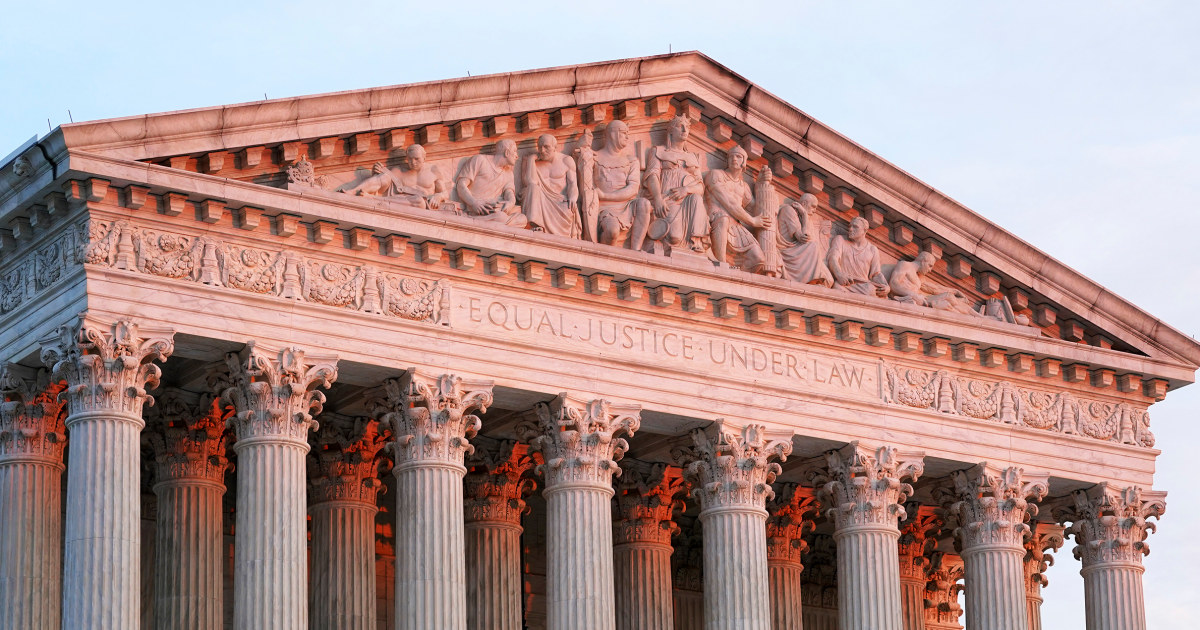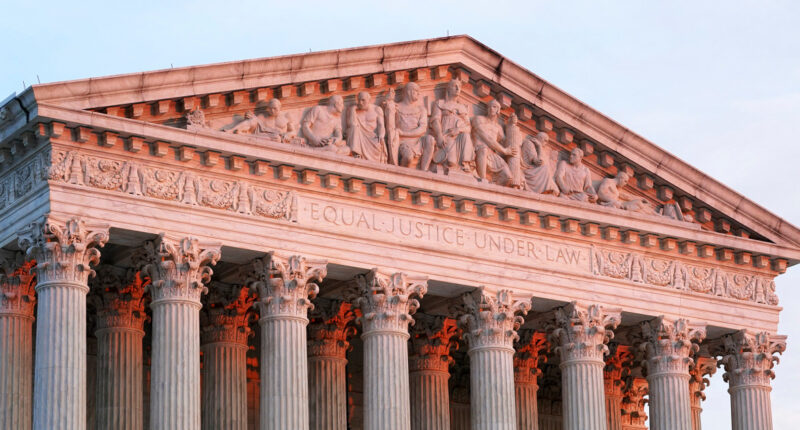
WASHINGTON — The Supreme Court on Wednesday considers whether Twitter can be sued for aiding and abetting the spread of militant Islamist ideology in a case concerning a Jordanian citizen killed in a terrorist attack.
Relatives of Nawras Alassaf, who was killed in Istanbul in 2017, filed a lawsuit claiming that Twitter, Google and Facebook were liable for aiding and abetting the attack under a federal law called the Anti-Terrorism Act.
Wednesday’s argument is the second part of a Big Tech double-header at the Supreme Court, where the justices wrestled Tuesday with a related case about whether Google-owned YouTube can be sued for similar conduct in connection with the killing of Nohemi Gonzalez, a U.S. college student, in the 2015 Paris attacks carried out by the Islamic State terrorist group.
Unlike Tuesday’s case, the Twitter argument does not concern Section 230 of the Communications Decency Act, the legal shield that protects internet companies from liability for content posted by users.
It instead focuses on whether such a claim can be brought under the anti-terrorism law. Lower courts have not weighed in on whether Section 230 protects Twitter and the other companies in the case. Only Twitter appealed the appellate court ruling; Facebook and Google filed a brief in support.
Alassaf was visiting Istanbul with his wife when he was one of 39 people killed by ISIS-affiliated Abdulkadir Masharipov in the Reina nightclub. Masharipov had created a “martyrdom” video saying he was inspired by ISIS and wished to die in a suicide attack. He evaded capture after the shootings but was later arrested and convicted.
Alassaf’s family asserts that without the active assistance of Twitter, Facebook and Google, ISIS’ message and related recruiting efforts would not have spread so widely. It does not allege that Twitter actively sought to aid ISIS.
Twitter’s lawyers argue that it provides the same generic services for all its users and actively tries to prevent terrorists from using them. A ruling against the company could allow lawsuits against many entities that provide widely available goods or services, including humanitarian groups, the lawyers say.
The Biden administration has filed a brief backing Twitter, saying the plaintiffs failed to plausibly allege that the company knowingly provided assistance to ISIS.
A federal judge dismissed the lawsuit, but the San Francisco-based 9th U.S. Circuit Court of Appeals said in a 2021 ruling that the aiding and abetting claim could move forward. The family adequately alleged that the companies had provided substantial assistance to ISIS, the court concluded.
In the related YouTube case, justices could avoid ruling on the scope of Section 230 immunity — a closely watched issue in the tech industry — if they rule in favor of Twitter in Wednesday’s case. That would lead to the YouTube lawsuit’s being dismissed irrespective of whether the company is protected by Section 230.
Source: | This article originally belongs to Nbcnews.com










